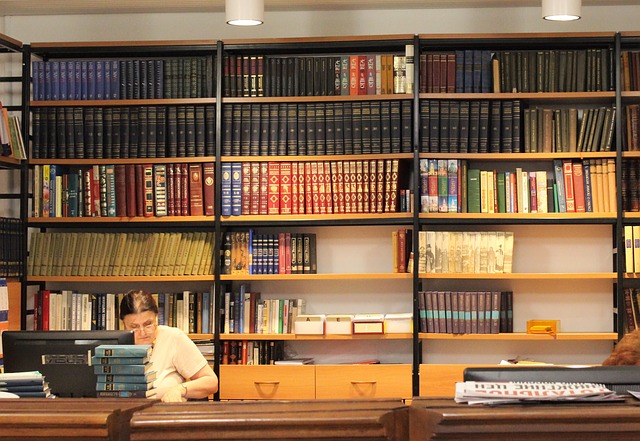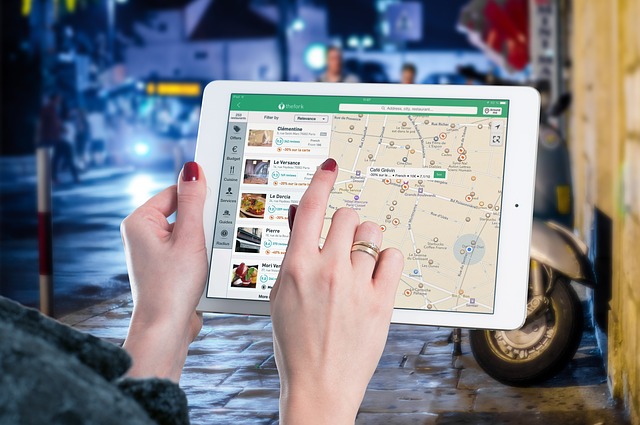How Do We Rehumanise Our Lives
I found the article about Steve Hilton below in the archives of the Economist but it is not just politics we have to work on:
We at MFTSE Affairs S.A. believe that we must rehumanise business, not only government. It is perhaps the power of social networking and social physics that has taught us that cooperation is better than competition and it is sharing that creates powerful win win situations. We think that business and politics should be less divorced from our private lives and there should be less 9 to 5 concepts where we step into another world once we leave the home. More integration of family values (fostering love one and other and the control of hatred by communication around the table and in our coffee breaks). This means having offices that resemble our homes or perhaps our dreams / visions? It means putting into practice what we say, designing our offices differently, sharing a meal together with customers who might bring something to share, eat or drink, with regular networking sessions between existing and potential customers, and colleagues, making business lunches more homely perhaps. It also means ensuring that we protect our environment by actually obliging ourselves to get rid of the major poluters, changing our cars and our heating systems, promoting the environmental and social effects within our financial reporting to the stock exchange and the world. Deciding to invest in the right things, doing it now and not tomorrow when it may be too late:
A Tory guru returns from America on a mission to “rehumanise” politics
Hilton, in the thick of it again
THERE are few people more responsible for getting David Cameron into Downing Street in 2010 than Steve Hilton. As senior adviser to the then-leader of the opposition, Mr Hilton helped to drag the Tories into the digital age and to detoxify the party’s brand. He turned Mr Cameron into a gay-friendly eco-warrior—qualities not previously associated with Tory leaders—and, in the process, an election-winner.
Mr Hilton was known as a thinker who wandered around Downing Street offices in bare feet. But after two years in government, in 2012 he left to become a visiting scholar at Stanford University. This week he returned to Britain to promote a new book, entitled “More Human”.
Freed from the constraints of government, the book is a cri de coeur about the dehumanisation of modern government and the corrupting of the ruling class. America, he says, has become a “donocracy” steered by wealthy donors, the EU a “stinking cesspit of corporate corruption gussied up in the garb of idealistic internationalism”. Britain is a democracy in name only, “operating on behalf of a tiny elite no matter the electoral outcome”. He wants to change all this by making politics more human, putting “people at the centre”.
This may sound like a suggestion he found inside a fortune cookie, but Mr Hilton’s analysis is important, even if his solutions are mixed. He takes aim at bureaucracy, official and corporate, and at statistics, which put numbers before people. “We have budget-based priorities instead of priorities-based budgets,” he writes.
But his greatest ire is reserved for anything that resembles a factory: hospitals, for instance, which he says are run by bureaucracies in league with drug companies. Schools, too. Instead of treating our children like the factory workers we once trained them to be, he suggests, “let’s treat them like the knowledge workers we hope they will become”. He also targets bad modern housing and factory farming (“the culinary-industrial complex”).
One of Mr Hilton’s main suggestions is radical devolution—in government and within bureaucracies such as health care. He has long been an advocate of city mayors, an idea the Tories are now pursuing. He also wants a more creative approach to education and adult training, as well as social programmes to help keep marriages together and to assist dysfunctional families. More civic participation is crucial, he believes. And he is angry at the revolving door between business and its regulators.
The book is a whirlwind of laments and ideas, some familiar, some perplexing, all the more so because many would fit well in a Labour Party manifesto. He rages about banks too big to fail, the pain of inequality and the need for a living wage.
His criticism can be too sweeping: the school system in America is decentralised and still very unequal, for instance. Limiting bankers’ pay to the level of civil servants’ is neither possible nor right. Banning children from having smartphones (Mr Hilton’s illiberal solution to the problem of internet pornography) would be harder still. And there are few details on how to pay for all these big ideas.
But that is the thing with visionaries. They come up with 50 ideas before breakfast; some are brilliant, some bonkers and some propel languishing parties to power. If Mr Hilton returns to Britain, there could be an opening at the Labour Party.




























